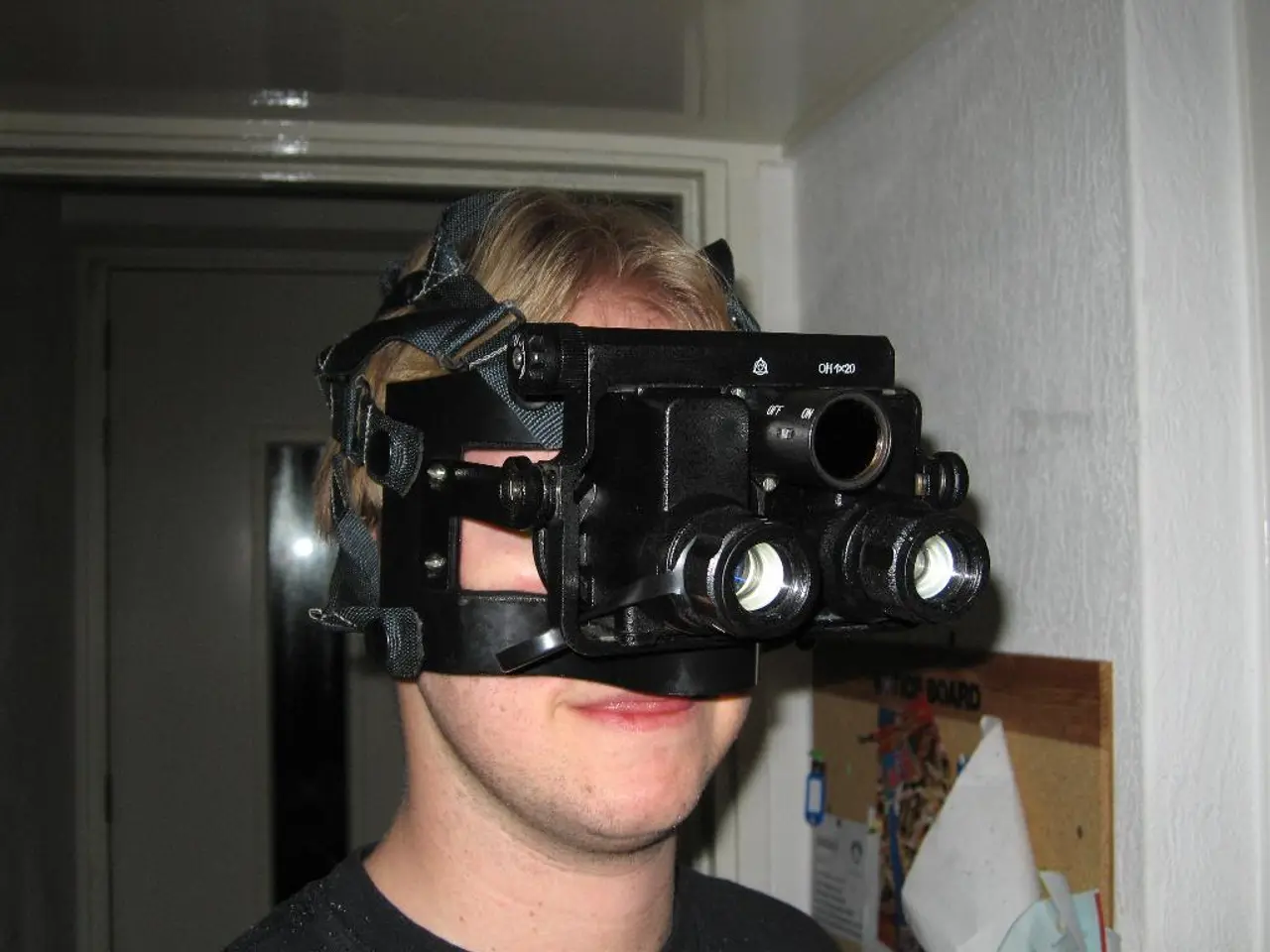Preparing for a Farewell: Support for Oculus Quest 1 to Conclude Soon
As Meta, the company behind Oculus, prepares to discontinue support for the original Oculus Quest 1 in August 2024, users of the groundbreaking VR headset find themselves at a crossroads. The move, driven by resource allocation, technological advancements, and developer burden, comes as the VR gaming industry continues to evolve at a rapid pace.
1. **No New App Support**
With the end of support for the Quest 1, users will no longer receive new app updates or support for newly released games and applications. This means that they will miss out on the latest VR experiences and features available on newer models like the Quest 2, Quest Pro, and the soon-to-be-released Quest 3.
2. **Security and Stability Issues**
The lack of ongoing security updates can expose the Quest 1 to potential security vulnerabilities, compromising user data and device stability. Without patches, new threats and exploits may emerge, posing a significant risk to users.
3. **Limited Community Support**
As more users transition to newer models, the community support for Quest 1 may dwindle. This could make it harder for users to find help with troubleshooting or other issues related to the device.
4. **Discontinued Hardware Compatibility**
As Meta is stopping the manufacturing of the Quest 2, users might not be able to buy or upgrade their Quest 1 to a newer model easily in the future. The Quest 2 is already being discontinued, and supplies are limited.
5. **Older App Compatibility**
While existing apps may still function, they might not receive updates to fix bugs or improve performance. This could lead to a decrease in overall user experience over time.
For those seeking alternatives, there are several VR headsets available from companies like HP, HTC, and Valve, each offering its unique features and benefits. The Oculus Quest 2, starting at $200, is a more affordable option for an upgrade, offering a significant leap in performance and visual fidelity compared to the Quest 1.
In the ever-evolving world of VR gaming, staying informed and adapting to change are key to maximising your enjoyment. As Meta moves forward with its vision for the future, current Quest 1 users face a choice: embrace the new and upgrade, or continue with their existing device, mindful of potential security risks and the fact that they might miss out on newer releases.
[1] Meta (2023). Oculus Quest 3 Announced. [Online]. Available: https://www.oculus.com/quest3/ [2] HTC (2023). HTC Vive Pro 2. [Online]. Available: https://www.vive.com/uk/product/vive-pro-2/ [3] HP (2023). HP Reverb G2. [Online]. Available: https://www.hp.com/uk/en/shop/pdp/hp-reverb-g2-vr-headset-for-pc-vr1000 [4] Valve (2023). Valve Index. [Online]. Available: https://www.valvesoftware.com/en/index [5] Meta (2023). Oculus Quest 2 Discontinued. [Online]. Available: https://www.oculus.com/quest2/discontinued/
- The future of software and gaming experiences for Oculus Quest 1 users seems uncertain, as the developers might stop creating innovative features for the outdated device.
- In the news, it's reported that tech giants like HP, HTC, and Valve are introducing their own VR hardware gadgets, offering alternatives for Quest 1 users considering an upgrade.
- As the technology progresses, it's possible that Oculus Quest 3, the successor to Quest 2, might bring AI-powered enhancements to VR gaming, improving user interaction and immersion.
- Some experts predict that VR will play a significant role in the future of technology and community interaction, opening up opportunities for virtual education, remote work, and social experiences.
- In the rapidly evolving VR industry, staying on top of technology trends and embracing hardware and software advancements is crucial to maintaining an enjoyable gaming experience.
- Despite these challenges, a dedicated community of Quest 1 users can help one another in troubleshooting problems or finding unofficial solutions, fostering a sense of camaraderie in the face of technological change.




